If Scotland had followed the Scottish Green Party’s policy suggestions over the last five years, the following might now be the case:
The North Sea oil and gas industry would be shutdown, leaving more than 100,000 people out of work;
Our membership of NATO would be terminated, and our nuclear deterrent scrapped, leaving us at the mercy of Vladimir Putin’s thugs and unable to support the defenders of Ukraine;
Major drinks brands would be struggling to sell their products in Scotland, and local production would be severely impeded, due to the disastrous Deposit Return Scheme;
New drive-through restaurants would be banned;
The Scottish Parliament would be in violation of UK-wide equalities legislation through the Gender Recognition Reform Bill;
And Scotland’s rural communities would be decimated by a ban on inshore fishing in many areas.
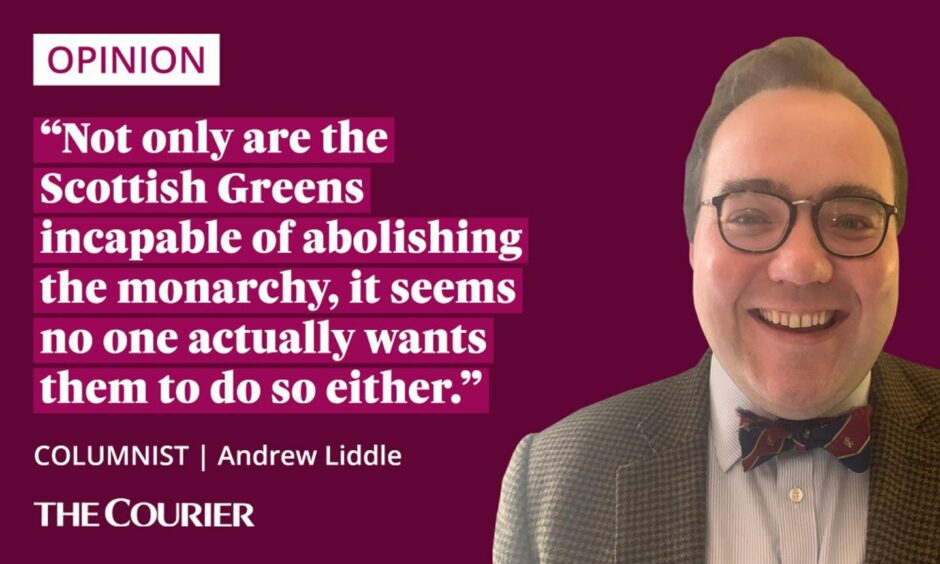
Having displayed such catastrophic misjudgement on these – and many more – issues of major importance, we might feel entitled to expect a period of humility and reflection from the Scottish Green Party.
But, alas, this is seemingly not to be.
Not content with the damage already done, Scottish Greens co-leaders Lorna Slater and Patrick Harvie have now turned their sights on the monarchy, with the latter declaring this weekend’s coronation an opportunity to “rethink” the future of an institution he branded “archaic” and “out of step” with modern Scotland.
Polling suggests voters disagree with Scottish Greens on monarchy
Given the Scottish Green Party has thus far proved itself incapable of organising a functioning recycling scheme, one could be forgiven for being more than a little sceptical of their ability to rewrite a thousand of years of constitutional law, precedent and tradition.
Equally, you would be hard pressed to find a head of state in the Western world more committed to the environment and tackling climate change than King Charles III, making Harvie’s intervention all the more bizarre.
Certainly, despite all the bluff and bluster that usually accompanies Scottish Green Party policy making, they are actually out of step with public opinion in Scotland on this issue, as with many others.
According to a recent survey, just a quarter of people in Scotland thought the monarchy was a bad thing for Britain, while 44% suggested it was a good thing.
King Charles III himself also has higher approval ratings than Patrick Harvie and Lorna Slater among the Scottish population – with 46% of people viewing him positively.
The future of the monarchy looks bright too. The Prince and Princess of Wales – who, of course, met and fell in love while at university in St. Andrews– are viewed positively by almost 60% of people in Scotland.
Not only are the Scottish Greens incapable of abolishing the monarchy, it seems no one actually wants them to do so either.
Scottish Greens need to consider their own future, not that of the monarchy
Of course, the Scottish Green Party are not alone in their view.
Humza Yousaf, the new First Minister, broke with the tradition of his SNP predecessors by declaring himself a republican, and only agreed to attend the coronation over an independence rally after a backlash.
The First Minister Humza Yousaf has said that despite his Republican views, he's going to attend Westminister Abbey this weekend as a representative of all of Scotland.
Do you want to see the First Minister at the coronation? pic.twitter.com/7z4Ezr9STH
— BBC Radio Scotland (@BBCRadioScot) May 3, 2023
According to reports, the Nationalists are now even contemplating ditching support for the monarchy altogether.
Yet in this – as in many policy decisions now – it is still the Scottish Green Party that holds the whip hand.
With the pomp and ceremony of the coronation weekend now upon us, it is tempting to urge Harvie and his comrades to put away the lentils, get off the bicycle and put up the bunting. But this would be counterproductive.
The energies of the Scottish Green Party would be far better spent reflecting on their hubris and re-evaluating their purpose.
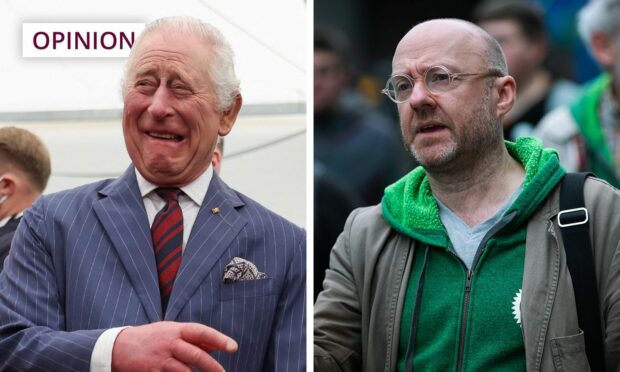
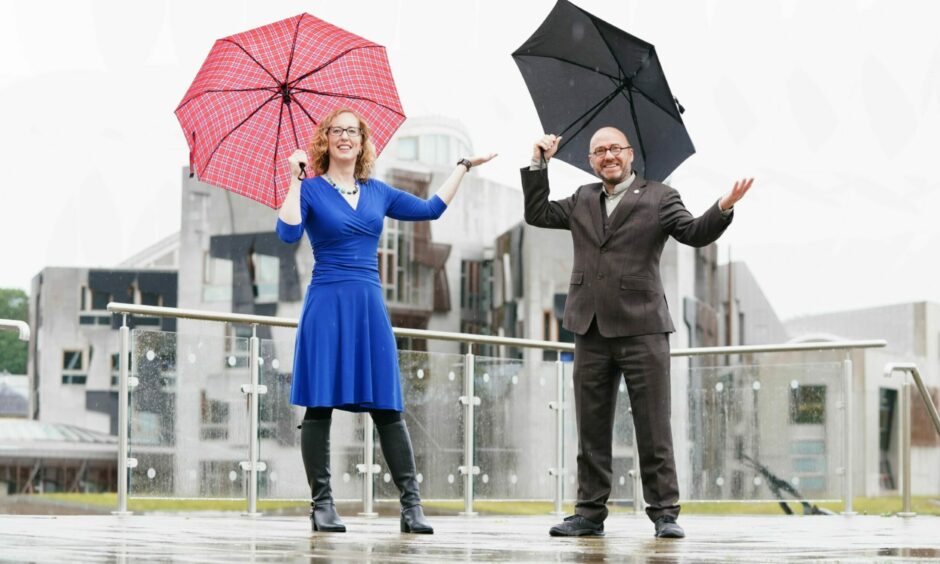
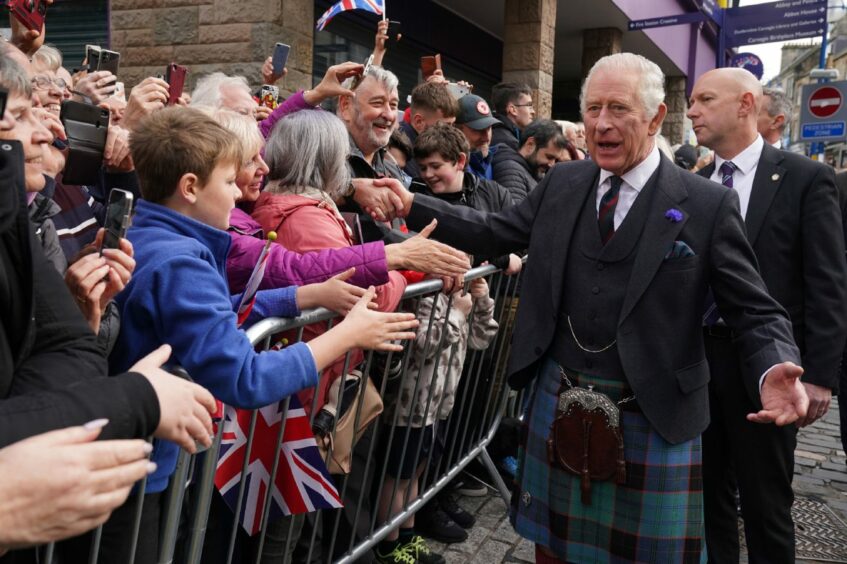
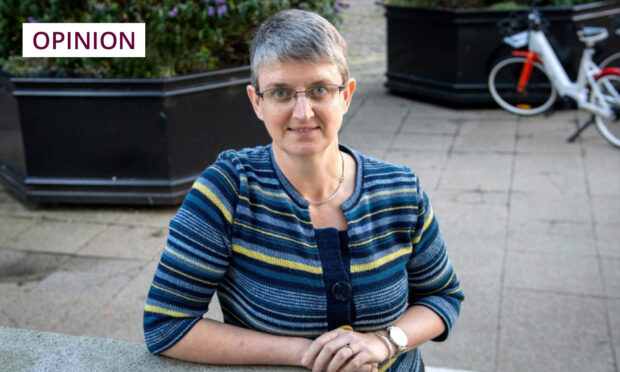









Conversation